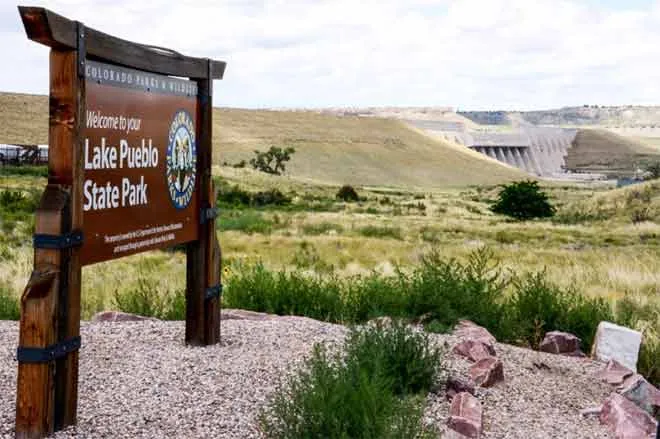
Colorado housing costs 8th least affordable in nation
Click play to listen to this article.
(Colorado News Connection) Colorado remains the eighth-least affordable state in the nation for housing, according to a new report from the National Low Income Housing Coalition.
Even as state and municipal minimum wages have increased, up to $18.29 an hour in Denver, Coloradans must earn nearly $38 an hour to afford a modest apartment.

Cathy Alderman, chief communications and public policy officer at the Colorado Coalition for the Homeless, said it is clear wages will not be able to keep up with rising housing costs.
"Colorado has a very robust minimum wage compared to the federal minimum wage, and many other states, and we're still falling behind in terms of housing costs," Alderman pointed out. "We have to think about policies that can bring the cost of housing down."
A full-time worker earning the state's minimum wage can only afford to pay $750 a month in rent. A Social Security recipient can only afford to pay $294. Boulder, Eagle and Summit counties top the list of the most expensive areas in Colorado, where service and other low-wage workers have to travel for hours each day because they cannot afford to live where they work.
Thousands of new housing units have been popping up along the Front Range for years but are offered at price points better suited for hedge funds and other investors than average working families. Alderman argued the housing crisis will not be resolved by market forces alone.
"In the Denver metro area, we have more than 20,000 units of luxury and market-rate housing sitting vacant because people can't afford it," Alderman observed. "There is no incentive to lower the rent to make it accessible."
The federal government stopped investing in housing decades ago, but the "Housing Crisis Response Act" working its way through Congress aims to create nearly 1.4 million affordable homes and help nearly 300,000 households afford their rent.
Alderman believes the federal government, which can tap many more revenue sources than state and local governments, needs to play a role.
"State and local governments have been trying to invest more in housing," Alderman acknowledged. "But if they can't leverage federal dollars, they just can't get very far. And so I think it's time for the federal government to see this as a nationwide crisis, not just as a local crisis."

















